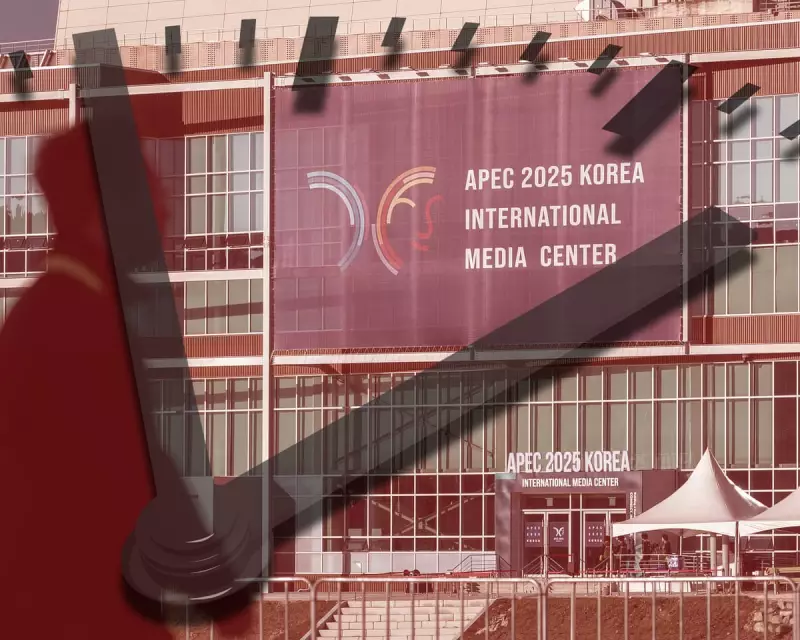
The Asia-Pacific Economic Cooperation, better known as APEC, is preparing for what could be its most significant gathering in years. This powerful coalition of 21 economies spanning the Pacific Rim represents approximately 60% of global GDP and nearly half of world trade. But what exactly is this influential organisation, and why does its 2025 summit matter so much?
The Powerhouse Behind Pacific Prosperity
Founded in 1989, APEC has evolved from a modest forum into a driving force for economic integration across the world's most dynamic region. Its members range from economic giants like China and the United States to emerging powers such as Vietnam and Peru. Unlike formal treaties or binding agreements, APEC operates through consensus and voluntary cooperation, creating what experts call "soft law" diplomacy.
Why the 2025 Summit Matters Now
This year's gathering comes at a pivotal moment for global commerce. With supply chain disruptions, technological transformation, and geopolitical tensions reshaping international trade, APEC's role as a stabilising force has never been more crucial. The summit provides a rare neutral ground where economic rivals can find common ground on issues affecting billions of people.
Key Areas of Focus for 2025
- Digital Trade Revolution: Establishing frameworks for cross-border data flows and e-commerce standards
- Sustainable Development: Balancing economic growth with environmental responsibility
- Supply Chain Resilience: Creating more robust systems to withstand future disruptions
- Inclusive Growth: Ensuring trade benefits reach all levels of society
Beyond Economics: The Ripple Effects
While APEC's primary focus remains economic cooperation, its influence extends far beyond trade statistics. The forum has become an incubator for regional standards—from food safety protocols to professional qualifications—that make cross-border business smoother and safer. These seemingly technical agreements ultimately affect everything from the price consumers pay for goods to the environmental standards governing production.
Perhaps most importantly, APEC maintains open channels of communication between nations that might otherwise struggle to find common ground. In an era of increasing geopolitical friction, this diplomatic function may prove to be its most valuable contribution to global stability.
As world leaders convene for this critical summit, the decisions made within APEC's chambers will ripple across global markets, shaping the economic landscape for years to come. For businesses, investors, and consumers alike, understanding this influential forum is no longer optional—it's essential for navigating the complex currents of international commerce.





